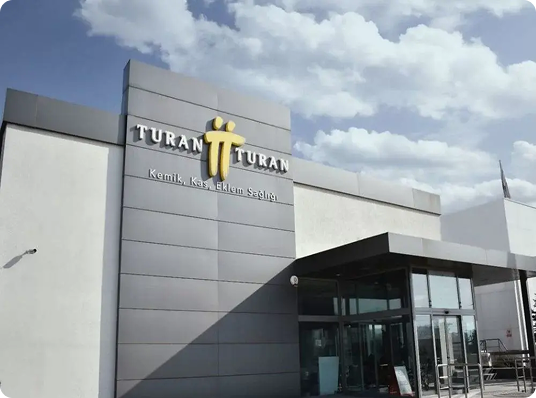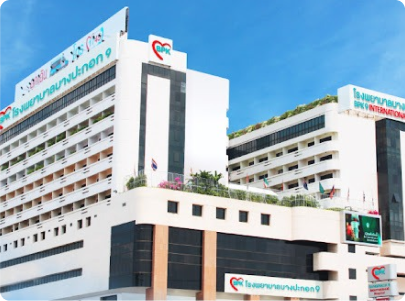Spinal Stenosis Operation
The Spinal Stenosis Operation is a cutting-edge medical intervention designed to diagnose, treat, or manage specific health conditions with a focus on improving patient longevity and quality of life.
Get Expert Consultation
Speak with our medical travel experts to get personalized guidance for your procedure
✓ No commitment required • ✓ Expert guidance • ✓ Free consultation

Book Your Free Medical Consultation
Get expert advice—free and easy. Just fill out the form to start your health journey!
Key-Insights for
Spinal Stenosis Operation
Procedure Time
Typically takes around 2-4 hours to complete
Recovery Period
Most people can resume normal activities within 1-3 months
Expected Results
Significant relief from symptoms, improved mobility, and reduced pain
Ideal Candidates
Individuals experiencing symptoms of spinal stenosis, such as numbness or weakness in the legs
Spinal Stenosis Operation
The Spinal Stenosis Operation is a cutting-edge medical intervention designed to diagnose, treat, or manage specific health conditions with a focus on improving patient longevity and quality of life.

People seek these procedures for various reasons:
Aesthetic Enhancement
Get relief from chronic back pain
Corrective Purposes
Improve mobility and reduce numbness or weakness in the legs
Functional Restoration
Regain control over bladder or bowel function
Things to Check Before Treatment
- •Discuss your medical history with the surgeon, including any previous back problems or spinal conditions.
- •Inform your doctor about any medications you're taking, and whether you have any allergies.
- •Have a thorough physical examination to identify any potential issues that could affect the procedure.
- •Get a detailed explanation of the operation and its expected outcomes from your surgeon.
- •Make sure you understand the anesthesia plan and any necessary pre-op tests or evaluations.
Potential Risks
- •Bleeding or hematoma during or after the surgery.
- •Infection or complications related to the incision site.
- •Nerve damage or temporary numbness in the legs or arms.
- •Scar tissue formation that could lead to future back problems.
- •Reoperation may be necessary if the condition persists or worsens.
How to Choose the Right Country, Clinic, and Surgeon
Do's
Verify surgeon credentials (e.g. ISAPS, JPRAS)
Ask for before-after photos
Check language barriers
Review aftercare and follow-up options
Consider local laws on medical malpractice
Don'ts
Don't Choose a Clinic Based Only on Price
Don't Rely Solely on Social Media or Influencers
Don't Ignore Language Barriers
Don't Rush Into Surgery Without Research
Don't Assume You Can Fly Back Immediately
CureMeAbroad Services Are Absolutely Free.
You pay same rates for treatments as in the hospital's original price list.
CureMeAbroad Services Are Absolutely Free.
You pay same rates for treatments as in the hospital's original price list.


Book Your Free Medical Consultation
Get expert advice—free and easy. Just fill out the form to start your health journey!
Spinal Stenosis Operation
Frequently Asked Questions
This procedure involves specific medical techniques tailored to address particular health conditions. Your doctor will explain the detailed process based on your case.

Help Me Plan My Treatment Abroad
End to End Treatment Planning Specifically curated as per your need. Just a Call away


Help Me Plan My Treatment Abroad
End to End Treatment Planning Specifically curated as per your need. Just a Call away


Book Your Free Medical Consultation
Get expert advice—free and easy. Just fill out the form to start your health journey!



